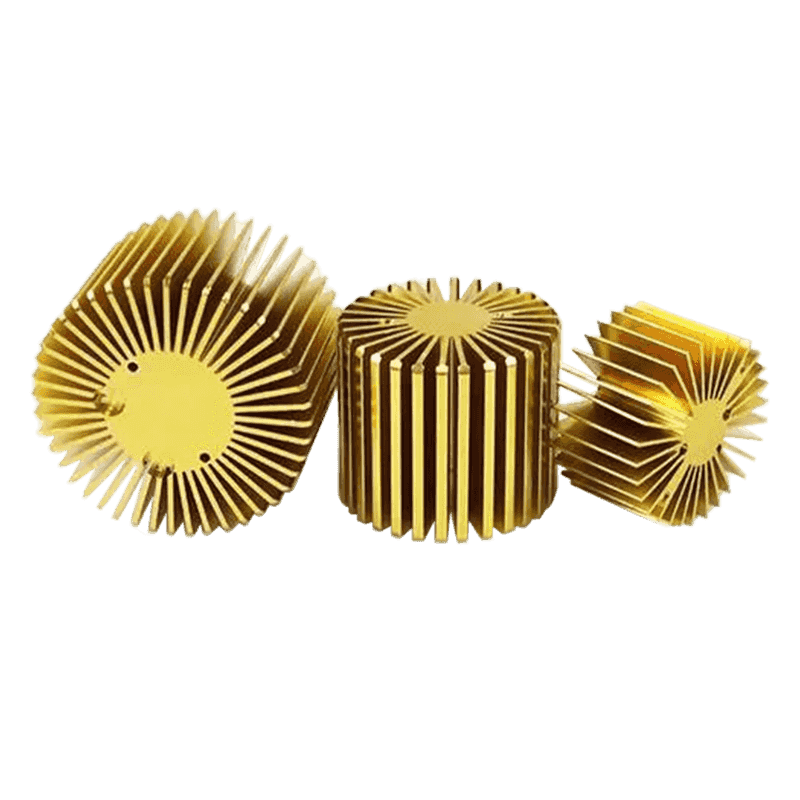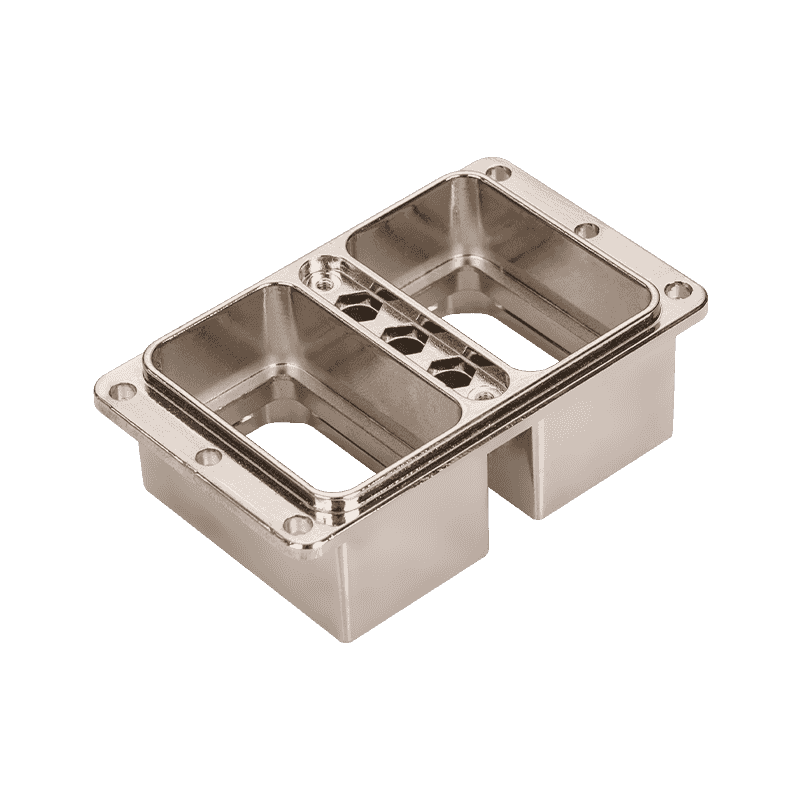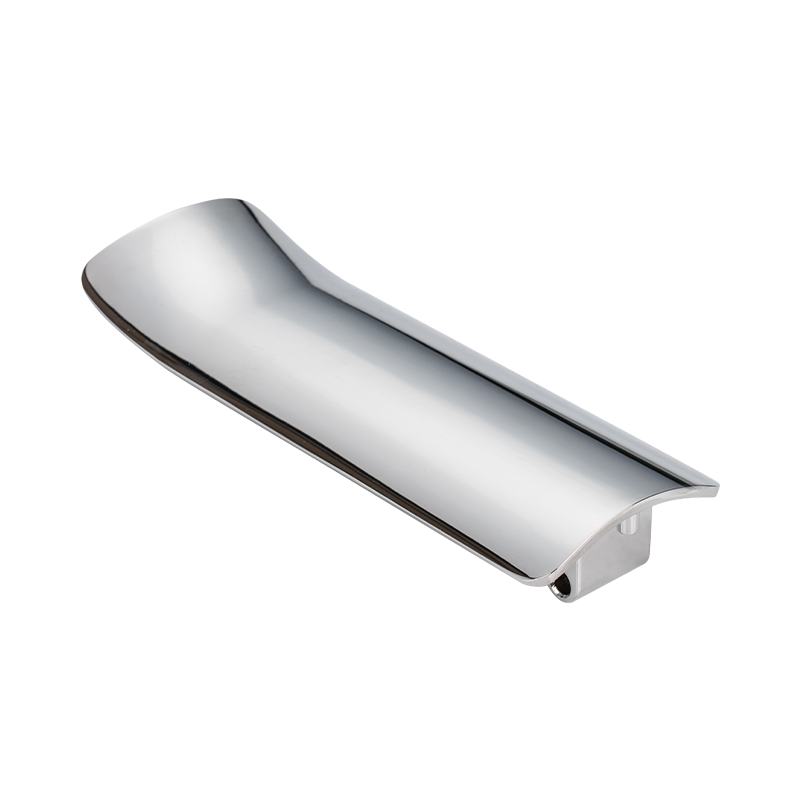What contributions does die casting of aluminum alloy automotive parts make to reducing vehicle weight and improving fuel efficiency?
24-12-2024The low density characteristics of aluminum alloy itself are the basis for reducing vehicle weight. Compared with traditional steel, the density of aluminum alloy is only about one-third that of steel, which means that the weight of automobile parts made of aluminum alloy is greatly reduced. This lightweighting plays a key role in reducing the overall mass of the vehicle. Reducing vehicle weight can not only improve the vehicle's handling and acceleration, but also directly affect the vehicle's power system, especially while reducing the burden on the engine and powertrain system, while significantly improving fuel efficiency. The lightweight body reduces the energy consumption of the car when driving, thereby helping to reduce fuel demand and improve fuel economy.
The aluminum alloy auto parts die-casting process itself provides greater design freedom and precision. In traditional casting processes, the complexity and precision of designs are usually limited, making it impossible to produce complex structures and precision parts. Through aluminum alloy auto parts die-casting technology, manufacturers can produce more complex parts while maintaining low weight. This technological advancement allows aluminum alloy parts to provide higher functionality, such as better aerodynamics, enhanced safety and greater precision, without increasing weight. The lightweighting of components and the optimization of complex structures help improve vehicle performance and improve fuel efficiency.
With the continuous optimization of the die-casting process, the production efficiency and cost of aluminum alloy parts have also been significantly improved. Modern die-casting technology can reduce the waste of aluminum alloy materials, improve the automation of production, and reduce manufacturing costs. This is particularly important for mass production of automotive parts, helping to reduce vehicle production costs while maintaining high performance and precision. Through efficient production processes, the use of aluminum alloys can not only help automakers reduce the weight of entire vehicles, but also keep costs controllable, making lightweight vehicles more popular.
The corrosion resistance of aluminum alloy parts also plays a key role in the long-term use of automobiles. Cars are often exposed to salt spray, rain, sludge and other environments during use. Traditional materials such as steel are prone to rust and corrosion, leading to aging and damage to parts. However, aluminum alloy materials themselves have strong corrosion resistance, especially aluminum alloys after surface treatment, which can maintain stability for a long time in various harsh environments. This corrosion resistance not only extends the service life of auto parts, but also reduces maintenance costs and improves the vehicle's long-term reliability and fuel efficiency.
In the lightweight trend of the automotive industry, the application of die-casting technology for aluminum alloy automotive parts has significantly promoted changes in automotive design and production methods. Especially in the context of increasingly stringent fuel economy and emission standards, lightweighting has become an important means to improve vehicle fuel efficiency. As more and more automobile manufacturers use aluminum alloys in body structures and important parts, the advantages of aluminum alloy auto parts die-casting in reducing vehicle weight, improving fuel economy, and improving environmental performance are becoming increasingly obvious.
Are You Interested In Our Products
Leave your name and email address to get our prices and details immediately.

 English
English 中文简体
中文简体 Deutsch
Deutsch русский
русский















